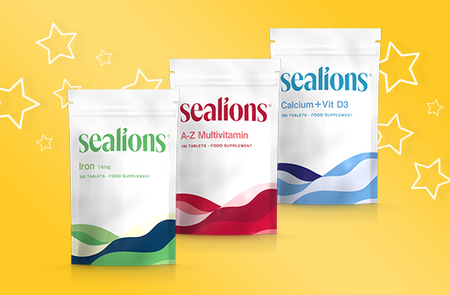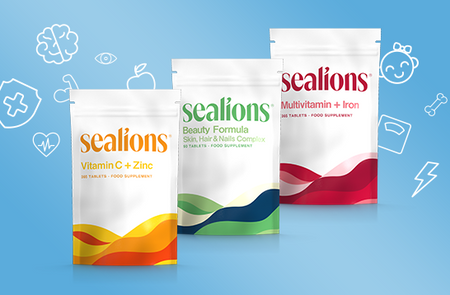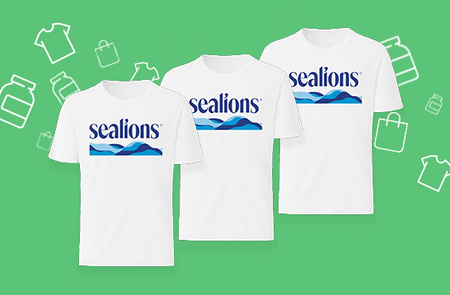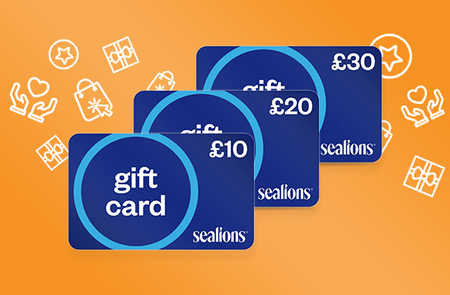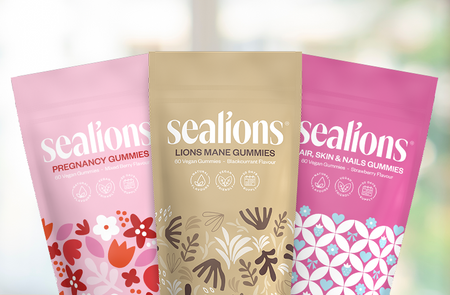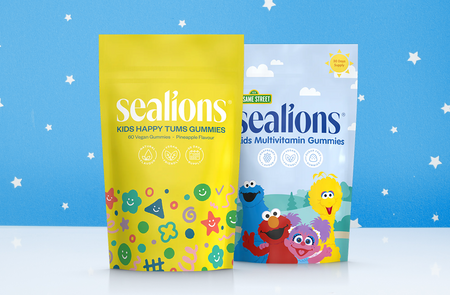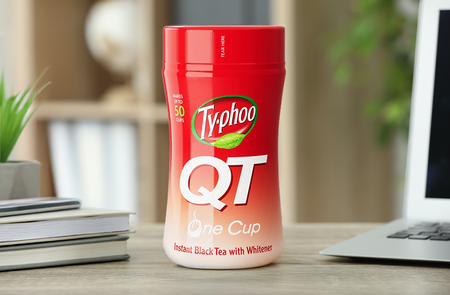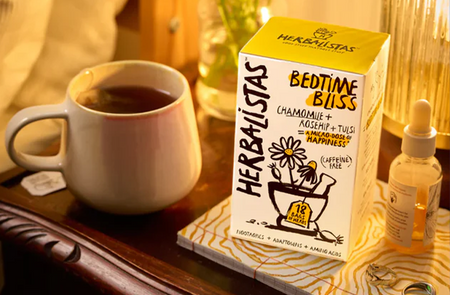
A Guide on What's Safe and Unsafe to Feed Your Dog: Summer BBQ Edition
As we find ourselves deep in the summer BBQ season, basking in sunlit festivities with loved ones, an essential cornerstone of every gathering emerges: the food! Like any great get together with friends and family, it’s not complete unless our furry friends join the summer sessions too.
Whilst you may be enjoying everything the BBQ spread has to offer, you may be wondering what is suitable to share with your four legged pal? We know it’s tempting to share your summer food plate with your dog, but unfortunately some foods can cause more harm than good.
To make things easier so you can enjoy your summer celebrations with peace of mind, we’ve put together a comprehensive guide of what’s safe and unsafe to feed your dog.
What BBQ foods are safe for dogs to eat?
We all know those puppy dog eyes are not far from sight when we’re enjoying our BBQ plate. Luckily there are many dog-friendly options we can share with our favourite furry friend. From lean protein sources to fresh fruits and vegetables, here’s a handy list of snacks that are safe for your dog to enjoy:
- Watermelon: High in water and vitamins, watermelon chunks are great for hydration and a refreshing snack for your furry pal. Did you know watermelon is an excellent source of vitamin C which contributes to your pets immunity and general health (1).
- Carrot Sticks: With a delightful crunch in each bite and low in calories, carrot sticks are a real crowd pleaser.
- Plain Popcorn: A light, crunchy and enjoyable snack (just make sure to leave off the salt and butter).
- Grilled Chicken: Ensure to remove any bones, skin and seasoning - this lean protein source as a snack is a great option.
- Blueberries: A great source of antioxidants and high in vitamins C & K, blueberries are sweet low calorie snacks for your furry pal (2).
- Cucumbers: Refreshing and high in water content, cucumbers are a great choice for a hot summer's day - especially if you pop them in the fridge beforehand!
- Green Beans: Fresh or lightly steamed green beans are a nutritious and crunchy snack for dogs. They are low in calories and a good source of fibre.
- Cooked Pasta or Rice: Plain, cooked pasta or rice can be mixed with a small amount of plain meat for a simple and safe meal.
- Potatoes: A key staple to any BBQ spread, plain, cooked potatoes are a healthy option for your dog’s summer plate. Avoid adding salt, butter or seasonings.
What foods are not safe for dogs to eat?
As tempting as it is to share your entire plate with your dog, there are some foods that are hazardous to their health. We’ve put together a list of common foods to avoid sharing:
- Cooked Bones: Never give your dogs cooked bones as they can splinter and injure your dog. Bones from reputable suppliers that are intended for dogs are ok.
- Chocolate: Even though it’s a delicious treat for humans, chocolate is very harmful for dogs. Chocolate contains the compound theobromine, which is easily metabolised by humans but not well by dogs. Dogs process theobromine slowly, causing the toxic compound to build up in their systems and present as signs of poisoning (3). Please contact your vet immediately if you think your dog has consumed chocolate.
- Grapes and Raisins: The toxic substance found in grapes is unknown, however, they are extremely toxic for dogs and are linked with kidney damage, kidney failure and even death (4).
- Fatty Meats: In more serious cases both cooked and uncooked fatty meats can cause pancreatitis in dogs, but it’s more likely to cause an upset stomach and digestive problems.
- Raw Meat: This one goes for both the owner and pet! Raw meat can contain foodborne pathogens like Salmonella or E. coli, which can lead to food poisoning in dogs and humans alike.
- Corn on the Cob: Whole or bits of a corn cob can lead to choking in dogs, and if ingested lead to digestive tract blockages and issues.
- Onions and Garlic: Despite the tasty base they give to many BBQ foods, onions and garlic are a part of the alliums plant group, which are all toxic to dogs.
- Spices and Seasonings: Avoid giving your dog food seasoned with spices, especially those containing garlic, onion, or high levels of sodium.
Tips for a Dog-Friendly BBQ Gathering
Hosting a BBQ where both your two-legged and four-legged guests can enjoy themselves worry-free requires some planning. Here are a few tips to ensure a safe and enjoyable event:
- Designated Dog Zone: Set up a comfortable, shaded area for your dog to relax, away from the cooking and food areas.
- Communicate with Guests: Inform your guests about your dog's dietary restrictions to prevent well-intentioned but harmful feeding.
- Provide Fresh Water: Keep a bowl of fresh water available at all times to prevent dehydration.
- Prepare Dog-Safe Treats: Have a batch of homemade dog treats ready, so your pup can indulge in special goodies without any risks.
Signs of Food Toxicity in Dogs
Even with precautions, accidents can happen. It's important to recognize the signs of food toxicity in dogs, which may include vomiting, diarrhoea, lethargy, drooling, or changes in behaviour. If you suspect your dog has ingested something harmful, contact your veterinarian immediately.
Enjoy your summer BBQ’s while ensuring your dog’s safety and happiness. By being mindful of the foods you offer, creating a dog-friendly environment, and staying vigilant for signs of food toxicity, you can make sure your furry companion has a memorable and safe summer.
If you are finding your dog needs extra support with their digestion, check out our Digestion Support supplement here.
References- Walker, S. (2021) Nutrition facts and health benefits of watermelon, Watermelon Board. Available at: https://www.watermelon.org/the-slice/nutrition-facts-and-health-benefits-of-watermelon/#_ftn2 (Accessed: 17 August 2023).
- Blueberries: Health benefits, nutrients per serving, preparation information, and more (2022) WebMD. Available at:https://www.webmd.com/diet/health-benefits-blueberries (Accessed: 17 August 2023).
- Why chocolate is bad for dogs: Hill’s pet (no date) Hill’s Pet Nutrition. Available at: https://www.hillspet.com/dog-care/nutrition-feeding/is-chocolate-bad-for-dogs?lightboxfired=true# (Accessed: 17 August 2023).
- All about grape poisoning in dogs and how to avoid it (no date) WebMD. Available at: https://www.webmd.com/pets/dogs/why-dogs-cant-eat-grapes#:~:text=Grape%20toxicity%20is%20linked%20with,for%20grape%20toxicity%20in%20dogs. (Accessed: 17 August 2023).
Tagged:

